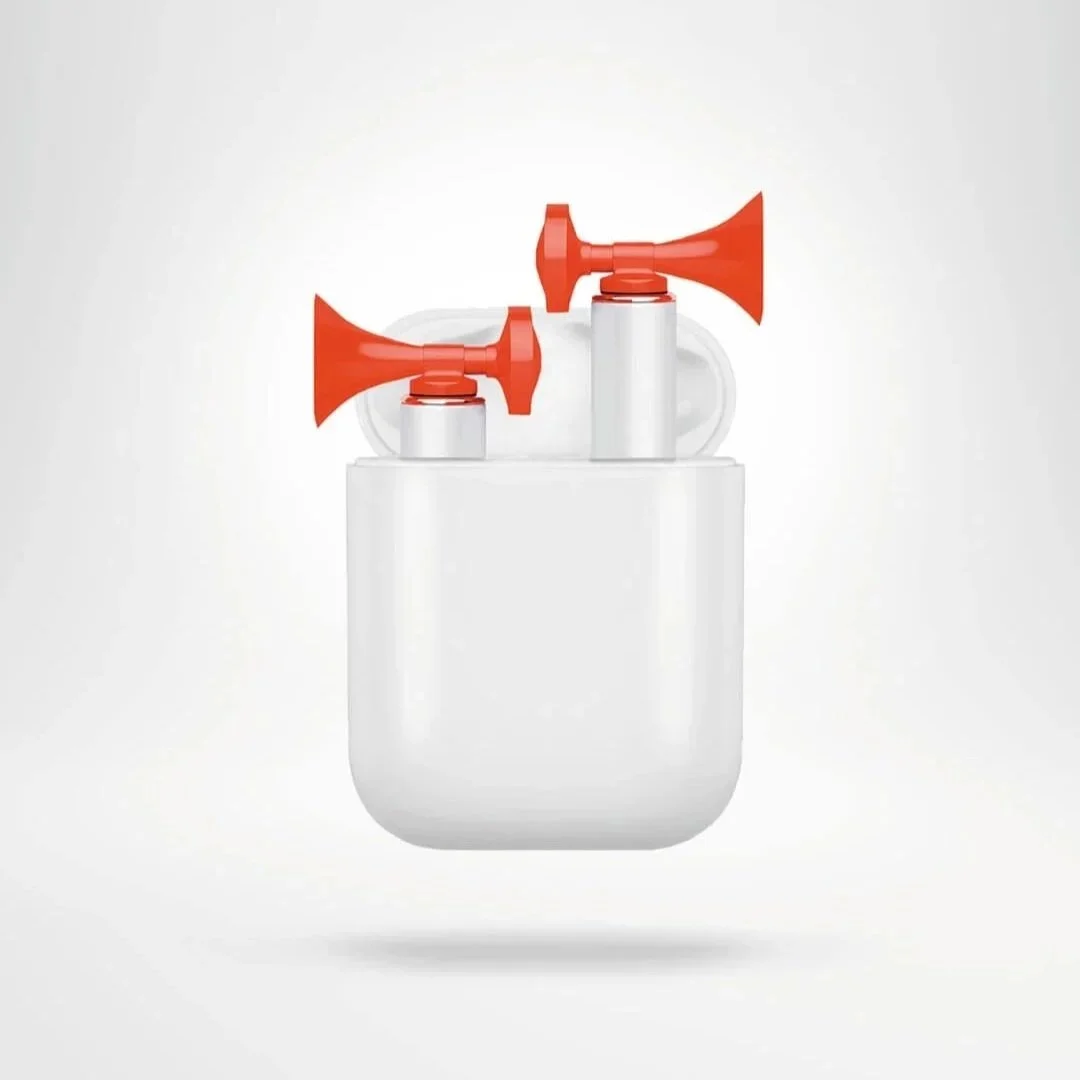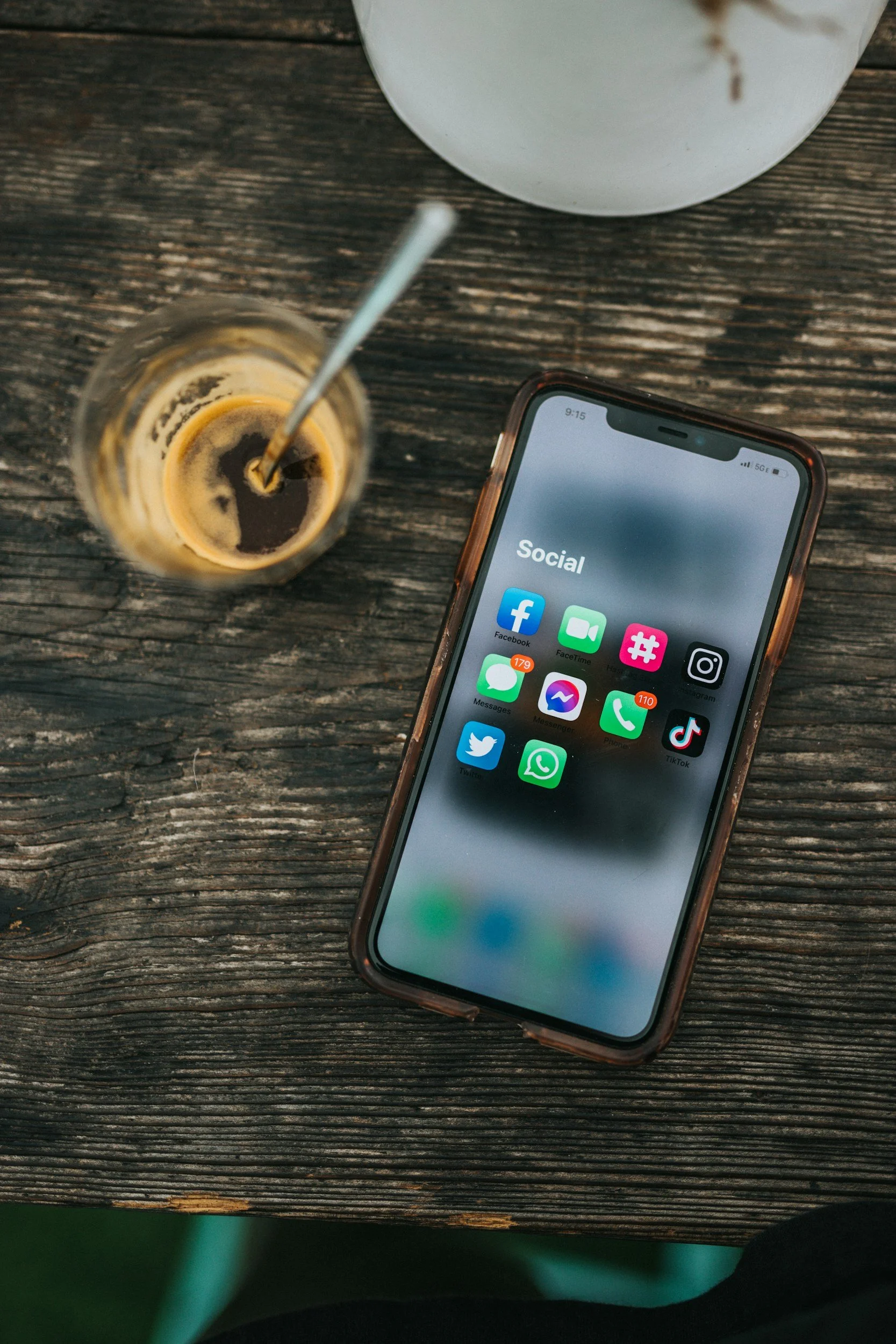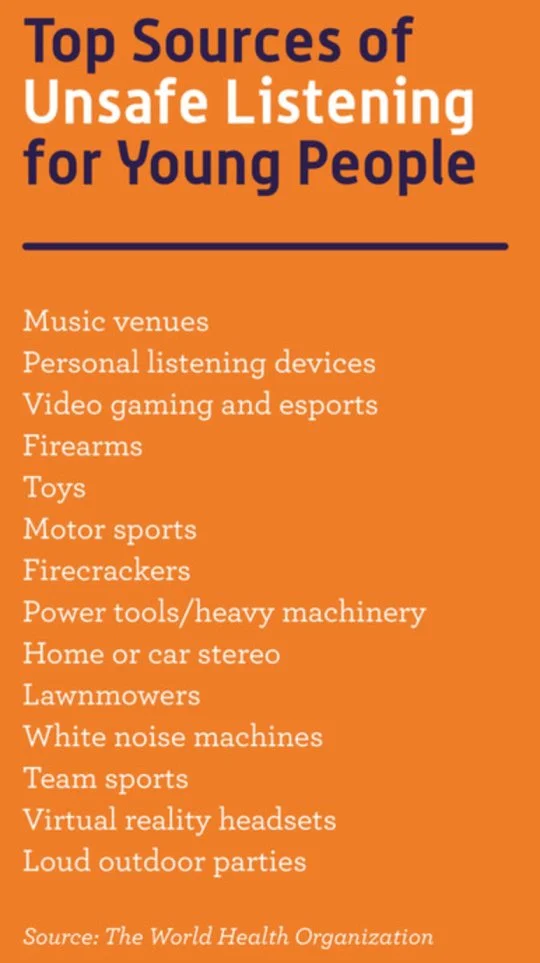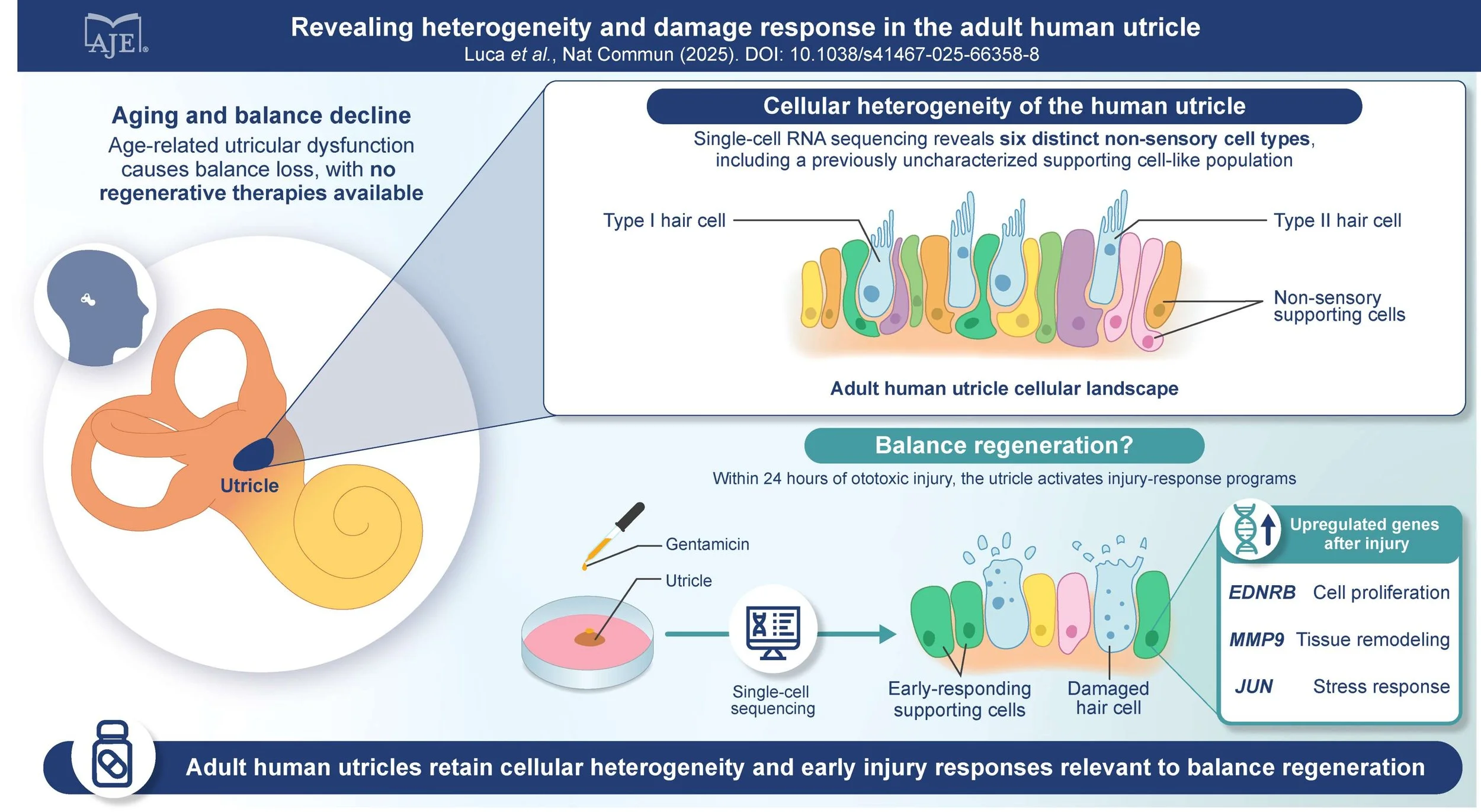Can Auditory Processing Disorders Be Treated or Cured?
Get Updates in Your Inbox
If you suffer from an auditory processing disorder, a difficulty with how the brain understands sounds, we have good news: Treatments exist, and we’re looking to identify permanent cures.
Please subscribe to our monthly digital newsletter to stay up to date on the latest research.
What Are Auditory Processing Disorders (APD)?
APD happens when the brain is unable to process sounds.
Individuals with APD often are unable to hear sounds as words and have learning problems, including difficulty in reading, spelling, and language comprehension, trouble distinguishing between words or syllables that sound alike (auditory discrimination), and recalling what they heard (poor auditory memory).
APD is distinct from hearing loss. A person with APD can hear sounds—in fact, many have typical audiogram results. With APD, the way the brain translates those sounds is disrupted, resulting in jumbled messages.
What Treatments Are Available?
Environmental modifications: These adjustments can be “bottom-up” and include hearing assistive technology, architectural interventions to reduce reverberation, and preferential seating away from adverse noise); or “top-down” which changes how information is imparted, include checking for comprehension, complementing verbal speech with visual cues, slowing the speaking rate, repeating key information, providing written instructions, and providing a notetaker.
Speech-language pathology (speech therapy): Speech language pathologists (SLPs) can help patients sounds better and more clearly. SLPs also help with the improvement of perception of individual sounds (phonemes) in words, which can help with reading, employ active listening skills, and use appropriate language in social situations
Compensation strategies: Individuals with APD can be taught skills to compensate for weak listening ability. Examples include teaching the patient to be more proactive when in a learning environment, such as requesting clarification, asking a person to repeat directions, or using a recording device.
How Is Hearing Health Foundation Helping?
Hearing Health Foundation (HHF) identifies and funds scientists who work to improve our understanding of auditory processing disorder, in order to unlock new treatments and eventual cures. Established in 1958, HHF is today the largest nonprofit funder of hearing and balance research in the United States.













It bears repeating: What improves access for a group with a specific disability invariably also helps the greater population.